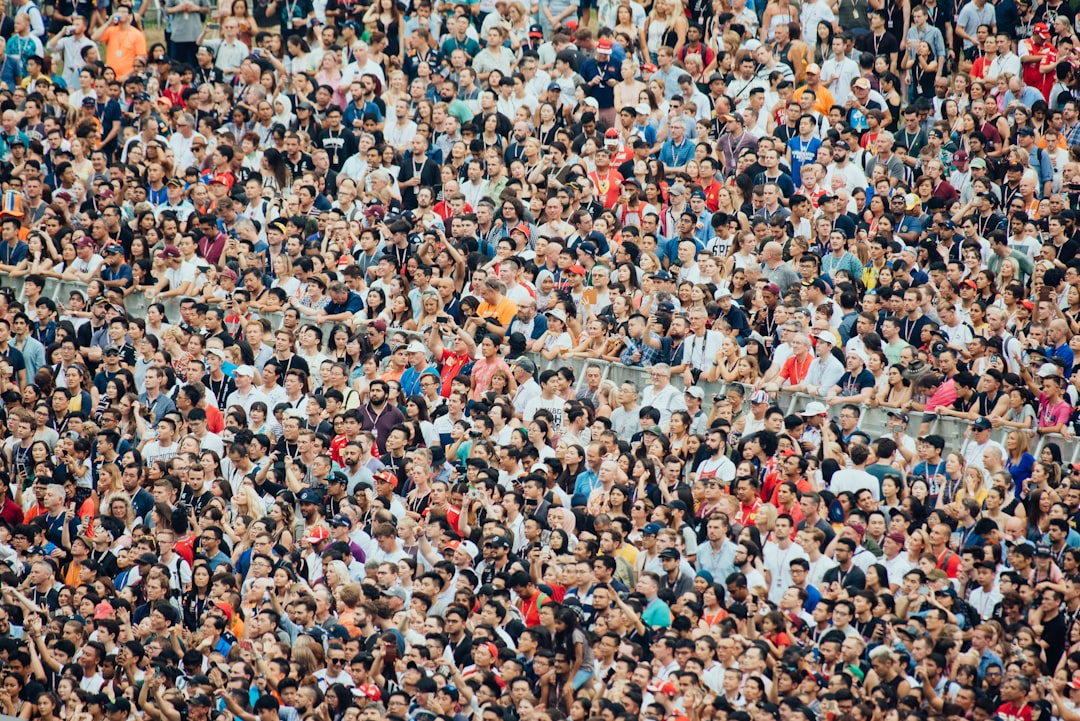In China, where the virus originated, population screening to identify those who have potential COVID-19, systems first started with the use of infrared imaging technology and handheld thermometers. It then advanced as different companies introduced AI-powered temperature scanners in public spaces that include subways, bus terminals, and railway stations. These systems are crucial because they can screen many people within minutes on symptoms like fever from a distance and relay results, and treatment or isolation can begin if the patient tests positive.
Other countries have also adopted AI in various ways, that include replication tracking the outbreak, diagnosing patients, and using AI-powered robots to disinfect public spaces. Similarly, big data and machine learning are turning out to be among the top weapons in this fight. BlueDot, an AI platform that tracks infectious diseases globally using natural language processing and machine learning, flagged unusually high pneumonia cases around Wuhan, China, and the World Health Organization would later announce the discovery of a new coronavirus in what had earlier appeared to be pneumonia. The natural language processing and machine learning algorithms help analyze information from hundreds or thousands of sources for early signs of infectious diseases and report them, if any. Big data analytics through AI peruses records from WHO, flights, and livestock reports, among others. If used well, of course with assistance from human experts, an epidemic outbreak can be correctly detected, and its spread patterns identified before it becomes an epidemic.
Advanced systems
With AI-powered computer vision, screening for COVID-19 has been made highly effective and straightforward. Unlike the thermometers and infrared guns that are used to scan people in public places, computer vision algorithms can perform large scale tests on fever, coughing, and breathing difficulties among individuals. For instance, cameras with computer vision and infrared sensors that can predict body temperatures of people from a distance. Alibaba has developed a system that can detect coronavirus in chest CT scans with 96 percent accuracy within 20 seconds as compared to about 15 minutes that a human expert can take while doing the same.
The emergence of COVID-19 has shown the importance of virtual assistants such as chatbots. Different care homes for the elderly are now using chatbots as companions to the elderly who cannot be visited by their families due to social distancing regulations and bans on visits to such places, considering the elderly are at a higher risk from the virus. AI has also leveraged natural language processing capabilities to enable virtual healthcare systems and agents that can answer questions related to coronavirus. These systems accept data and give a diagnosis and advise individuals whether they should pay a doctor a visit or self-isolate.
As the potential applications of AI keep increasing, some AI-powered technologies such as intelligent drones and robots, AI-enabled research, and facial recognition systems will prove useful in the fight. However, these systems are in the initial stages and may take time before the full potential of AI is realized. Regardless of these challenges, these systems are proving useful in the fight, and the victory will not be without AI.












